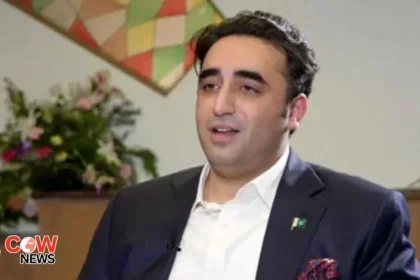The Supreme Court’s recent ruling in favor of the Pakistan Tehreek-e-Insaf (PTI) party has sparked a debate about the history and intent of constitution-makers regarding reserved seats for minorities, women, and backward tribes. The concept of reserved seats was originally intended to protect depressed classes, but it has proven counterproductive and caused inefficiency.
The number of reserved seats for women has increased significantly over the years, from 10 in 1973 to 60 in 2002. However, these seats are filled through indirect elections and lack the representative character of chosen representatives. The reserved seats for non-Muslims remain almost constant at 10, and members elected on reserved seats have no independent voice or choice.
The noble purpose behind reserved seats has been manipulated, and it’s now a source of power. The phenomenal increase in reserved seats for women occurred after authoritarian regimes amended the Constitution. Minorities remain underrepresented, and their legitimate interests need to be safeguarded.
To create a true pluralistic, multicultural, and democratic polity, minorities need to be given due representation in assemblies and government. Constitutional provisions dealing with reserved seats should be interpreted purposely to ensure the representative character of the assemblies and government is not undermined.
#Pakistan #ReservedSeats #Minorities #Women #BackwardTribes #Constitution #Democracy #Representation #Pluralism #Multiculturalism







